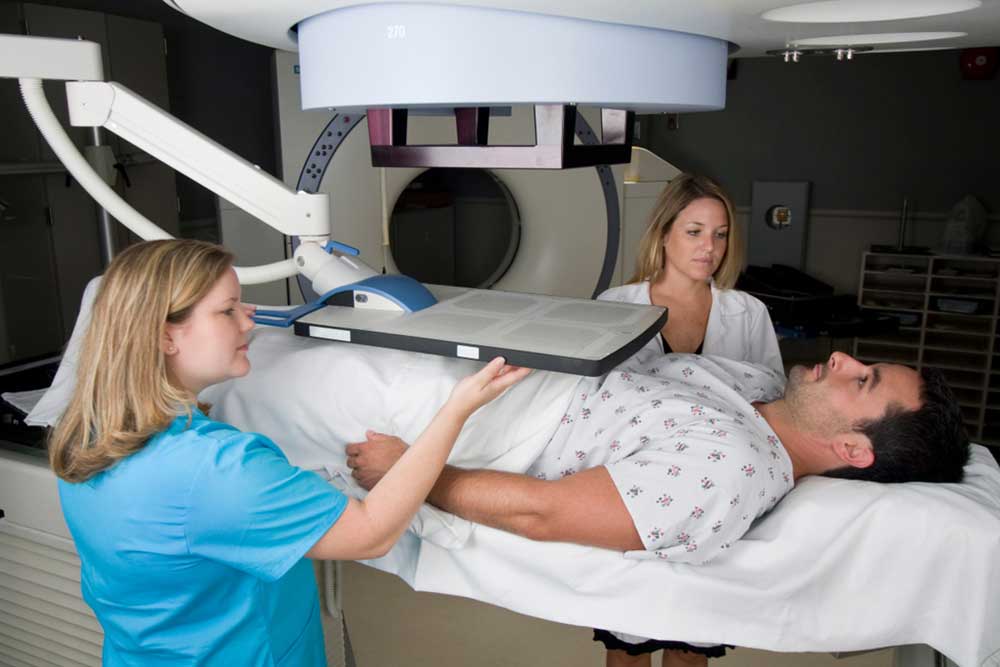Essential Facts About Your Stage IV Breast Cancer Diagnosis
Learning about stage IV breast cancer helps patients understand their diagnosis, treatment options, and prognosis. While it is a serious condition with no current cure, many women manage it effectively through active treatment and support networks. Awareness of facts such as the spread to other organs, the importance of management, and the need for ongoing research can empower patients to live meaningful lives despite the diagnosis.

Important Insights About Living with Stage IV Breast Cancer
Understanding the realities of a metastatic breast cancer diagnosis can be challenging. This advanced stage, while serious, is often misunderstood. Equipping yourself with accurate information is crucial for navigating this journey with strength and hope.
Receiving news of metastatic breast cancer can be overwhelming, but education and support are vital. Many women manage their condition effectively and maintain active lifestyles through proper treatment and community support.
Here are key facts you should know about metastatic breast cancer to better understand your condition and treatment options.
Metastatic Breast Cancer Is Often Fatal
Stage IV breast cancer indicates that the disease has spread beyond the original site, commonly affecting the brain, liver, lungs, or bones. This stage is serious, with about 40,000 deaths annually in the U.S. alone. Acceptance of this reality is the first step toward managing the condition effectively.
There Is Currently No Cure
Despite ongoing research, no cure exists for metastatic breast cancer yet. However, many treatment options focus on controlling the disease, enabling patients to lead fulfilling lives. Regular management in collaboration with healthcare providers is essential.
Your Diagnosis Is Not Your Fault
The disease's progression is influenced by tumor biology, not lifestyle or early detection. Aggressive cancer types can metastasize regardless of early diagnosis or lifestyle choices. Patients should avoid blame and focus on treatment and support.
Research Funding Is Limited for a Cure
Only about 7% of breast cancer research funds target cures for metastatic cases. Most funds support awareness, prevention, and early detection. Increased research could improve treatment options over time.
Early-Stage Breast Cancer Can Progress
Approximately 20-30% of women diagnosed initially with early-stage breast cancer may develop metastasis later. While treatments vary, metastatic cancer retains characteristics of the original tumor, guiding therapy choices.
Men and Younger Women Are Also Affected
Breast cancer is often associated with older women, but men and younger women can also develop metastatic breast cancer. Men account for around 2,300 cases yearly, highlighting the importance of awareness across all ages and genders.
Support from community, medical teams, and online networks is vital for coping with metastatic breast cancer. Staying informed empowers you to make the best decisions for your health and well-being.










